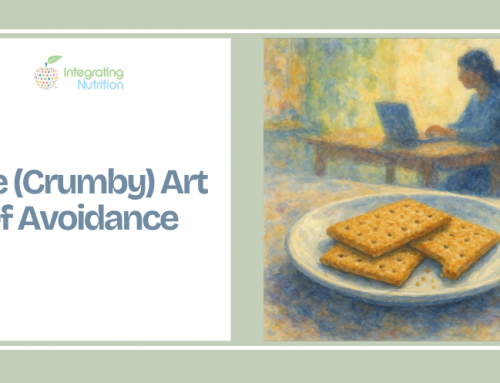A pause is more than a moment of silence—it’s a moment of reclaiming your power.
Who hasn’t been subjected to a harsh email or an unwelcome comment from a parent? In such instances, our pulses race and bodies tense, leading to a kneejerk instinct to do something—fire back, justify, escape. That lightning-fast reaction is hardwired into us, and in high-stress situations, it can feel irresistible.
But what if we didn’t have to obey that first impulse? What if, instead of reacting, we might take a moment to choose how we want to handle such a challenging moment… rather than letting that moment choose for us?
That’s where the power of the pause comes in.
It’s a breath. A check-in. A span of space between the emotion-trigger and the action. In that space, something powerful can happen: we can step into our inner wisdom to decide how we want to show up. When we’re able to pause before reacting, we invite perspective, intention, and clarity. As we discussed in an earlier blog on the value of responding instead of simply reacting, shifting out of fight-or-flight mode and into a mindset allowing nuance, and emotional self-regulation, helping us make better choices.. We become less driven by emotion and more guided by discernment.
Stressful situations, for many, end in a mindless reflex to self-soothe with food
Comforting oneself with food, of course, is completely understandable. (Shameless plug: I go into depth explaining the reasons how and why this is so, in the first section of my book, Why Did I Just Eat That?.) Over time, using food for solace can become almost automatic—an ingrained go-to in reaction to emotion-triggers. Employing the pause is a way to honor the under-lying feelings without becoming ruled by them. The pause doesn’t magically erase those feelings, but it does give us a chance to consider what’s really happening inside.
Think of it this way: The pause is your invitation to check in. We previously explored the three clarifying questions that we might ask before reaching for food, if there is any doubt regarding one’s motivation:
- Am I Hungry Right Now?
- What is it I Need at this Moment?
- How Would I Feel After I Eat This?
The pause affords us the chance to consider what we need in a given moment that food might be standing in for. Over time, practicing the pause builds trust in ourselves. We learn that we don’t have to be at the mercy of our gut-reflexes. We get to experience an emotion—no matter how big or scary—without lashing out or trying to bury it under a layer of snacks.
When we get in the habit of interrupting automatic reactions, we become more present in every area of our lives. We respond instead of react. We slow down long enough to see nuance and make choices we feel proud of later. We stop living in fear of our feelings.
The Takeaway
It is challenging to remember to take a moment’s pause each and every time a pause might be appropriate, and that is absolutely ok. Perfection in using the pause isn’t the goal, or even really possible. We don’t have to be perfectly mindful all the time. Occasionally remembering to pause in stressful situations, and then slowly stopping to pause more regularly is enough to begin shifting the pattern. Because we all deserve more than a life consisting of knee-jerk reactions. We deserve the freedom to choose, moment by moment, what serves our bodies, our hearts, and our emotional well-being.





